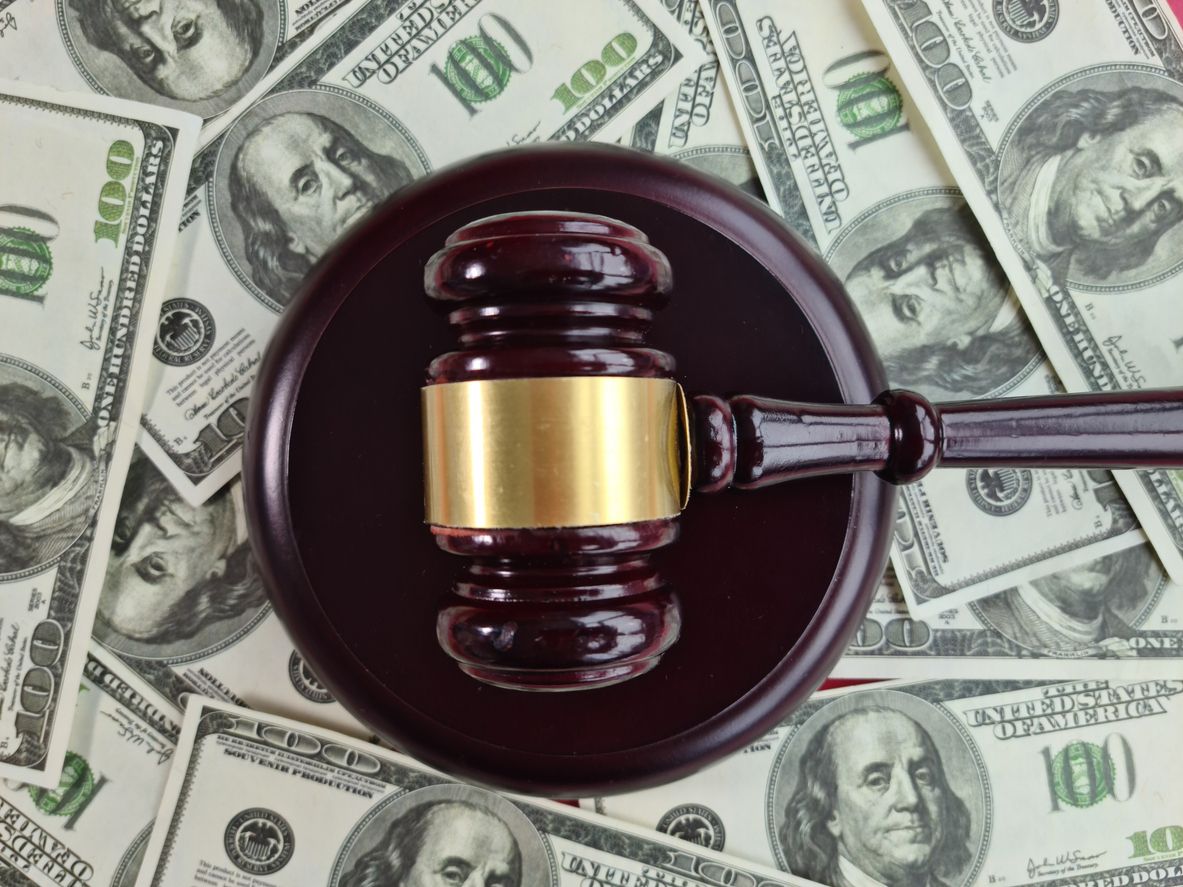How Does Bankruptcy Affect Your Credit Score?
How Does Bankruptcy Affect Your Credit Score?
If you're considering bankruptcy, you might be worried about how it will affect your credit score. Filing for bankruptcy can significantly impact your credit rating, but it's important to understand exactly how, and what steps you can take to rebuild your credit afterward.
Immediate Impact of Bankruptcy on Your Credit Score
Filing bankruptcy will typically cause an immediate drop in your credit score. The exact decrease can vary, but generally, individuals experience a reduction of anywhere from 100 to 200 points or more, depending on their previous credit history. Bankruptcy indicates to lenders that you have had substantial difficulty managing your finances, making you a higher risk.
Duration of Bankruptcy on Your Credit Report
Bankruptcy does not stay on your credit report forever, but it does remain for an extended period. Chapter 7 bankruptcy typically stays on your report for 10 years, while Chapter 13 remains for 7 years from the filing date. During this period, obtaining credit can be challenging, and when you do, it's often accompanied by higher interest rates.
Steps to Rebuild Your Credit After Bankruptcy
Fortunately, bankruptcy doesn't mean permanent financial ruin. You can actively rebuild your credit through responsible financial practices. Steps such as making timely payments on new or remaining debts, using secured credit cards, and regularly reviewing your credit report can significantly improve your credit rating over time.
How Bankruptcy Lawyers Miami Can Assist You
At Bankruptcy Lawyers Miami, we understand the challenges you face during and after bankruptcy. Our dedicated attorneys guide you through every step of the process, ensuring you make informed decisions to protect your financial future. We provide expert legal assistance tailored specifically to the residents of Miami-Dade County.
If you're facing financial hardships and considering bankruptcy, contact Bankruptcy Lawyers Miami today. We'll help you navigate through bankruptcy effectively, minimizing negative impacts on your financial well-being and setting you on a clear path toward recovery.











